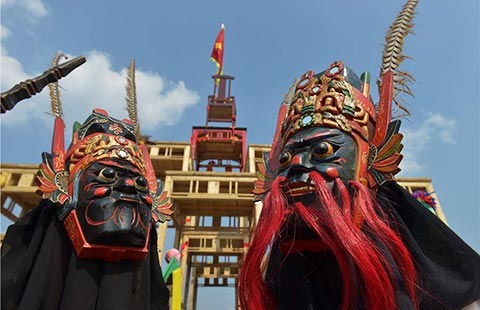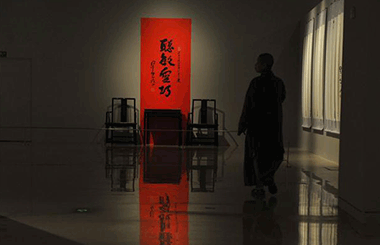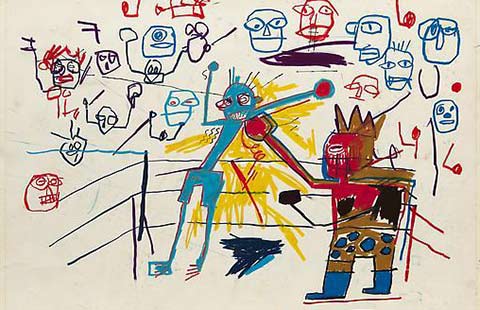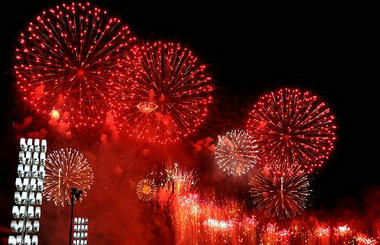Mining literary material
By Yang Guang ( China Daily ) Updated: 2012-09-18 10:27:45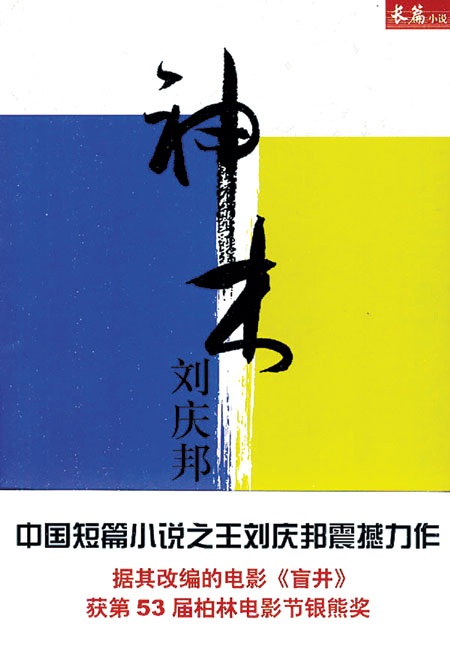
Having witnessed the flourishing city, Liu decided he had enough of the countryside. His effort to join the army failed, however, since his father had been condemned as a counter-revolutionary.
After graduating from junior high school, he had to return and labor in the fields. When the local coal mine was recruiting in 1970, he seized the opportunity and became a miner.
It was then that he began to write, mainly news reports about miners' lives for the county broadcasting station. After working underground for a year, he was selected to join the publicity department of the mining bureau because of his talent for writing.
"Working in the coal mine gave me an opportunity to see a purgatory-like world," he remembers.
"Facing my fellow miners, I realized my insignificance and impotence. All the hardships I had endured became nothing."
Liu moved to Beijing in 1978, working as a reporter and editor with a newspaper in the coal industry. In 2001, he became a professional writer with the Beijing Writers' Association.
Some say the way to understand China is to understand Chinese farmers, while for Liu, the way to understand Chinese farmers is to understand Chinese miners.
He explains that most miners are farmers who choose to leave their fields and make more money; while most mining areas are located in an urban-rural fringe zone, where life is a hybrid of urban and rural traditions.
Liu still visits mining areas for part of the year. "The humid air underground and the rumbling of the machines awakened my memory," he says.
Having lived in the capital for more than 30 years, Liu says the countryside he once wanted to escape from now tugs at his heartstrings.
"I was fed with the grains, wild herbs and even bark growing on that plain. Everything there has turned into the blood flowing in my vessels. I will remember that land as long as I feel my blood pulse."
Related: The dragon befriends the springbok
Since 2011, he has been working on a series of short stories about nannies in Beijing.
Liu says he had been thinking of how to portray contemporary Chinese urban life and picked on the nanny group because they are a large group and are sensitive to human nature.
"The urban-rural divide still exists," he says. "The clash between rural nannies and their urban employers reflects the common conflicts of China's transitional period."
Liu plans to go to a coal mine in Shaanxi province later this year to prepare for his next novel, about the lives of family members of miners who died in a gas explosion eight years ago.
Contact the writer at yangguang@chinadaily.com.cn.
|
|
|
|
|
|
|
|
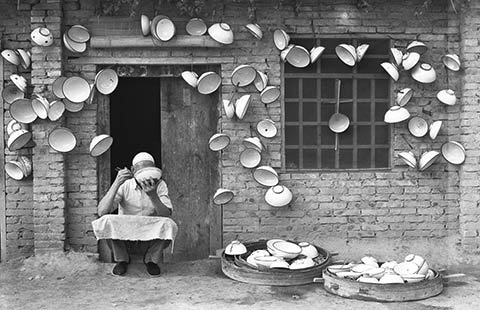

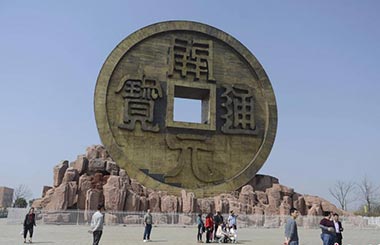

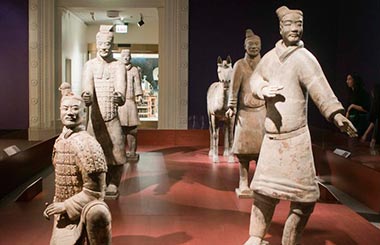
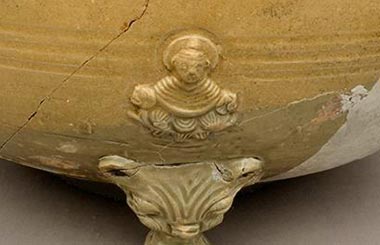

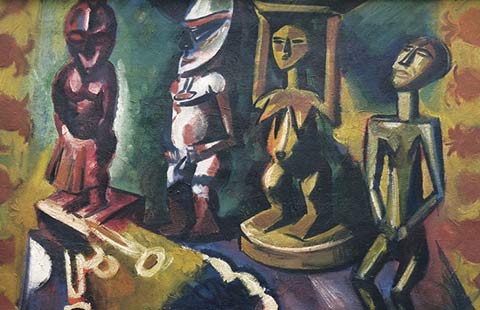







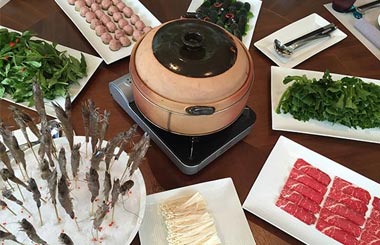






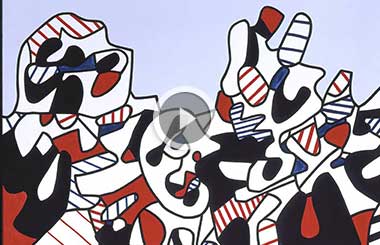
 Raymond Zhou:
Raymond Zhou: Pauline D Loh:
Pauline D Loh: Hot Pot
Hot Pot Eco China
Eco China China Dream
China Dream China Face
China Face

